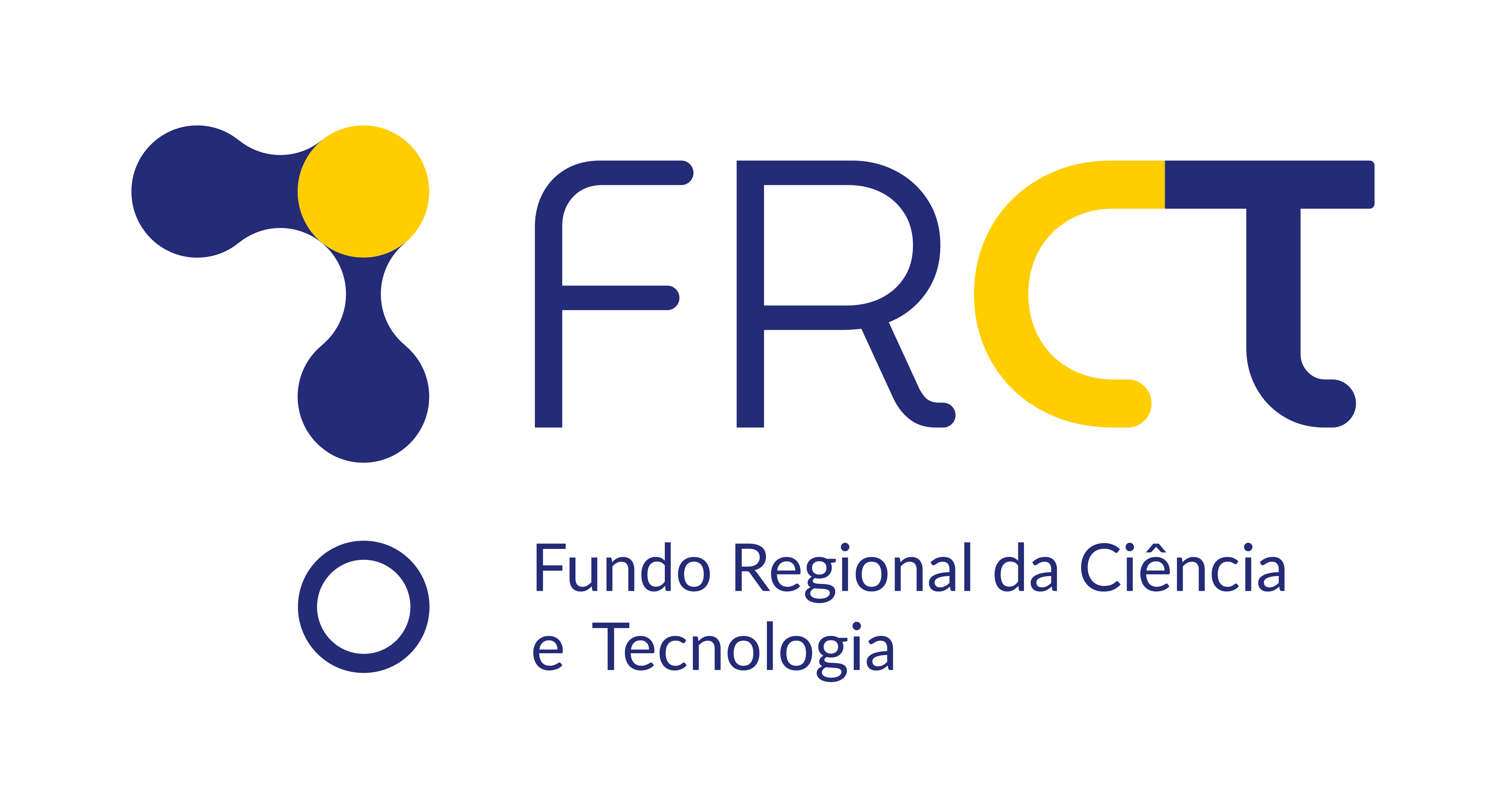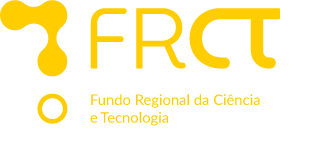Test, Engage, Adapt: Regions4Climate Meeting in the Azores
24 october, 2025
On 16–17 October 2025, the European project Regions4Climate held a meeting in São Miguel, bringing together partners for two days of hands-on work, technical and scientific exchange, and field visits.
Organised by the Regional Fund for Science and Technology (FRCT) in partnership with the University of the Azores, the meeting had one clear goal: to move forward together with swift and effective solutions to strengthen the climate resilience of coastal areas.
Although the agenda included technical sessions and working meetings, what truly stood out was the dynamism of Challenge Suite 1 (CS1) — the Faster Adaptation cluster — and the determination of the participating regions to coordinate agile interventions with immediate impact.
What is Cluster CS1?
Within the Regions4Climate project, there are three main clusters — Faster Adaptation (Challenge Suite 1), Smarter Adaptation (Challenge Suite 2), and More Systemic Adaptation (Challenge Suite 3) — each with a distinct focus on addressing local and regional challenges.
CS1 brings together regions that prioritise fast and practical responses. Alongside the Azores, the following regions were represented:
- Basque Country (Spain) — focusing on coastal ecosystem restoration and monitoring, particularly the recovery of the Plaiaundi wetland in Txingudi;
- South Aquitaine (France) — working on the adaptive use of urban coastal areas and strengthening monitoring and forecasting capacities;
- Tuscany (Italy) — planning demonstrative coastal interventions that can inspire practices across the Mediterranean.
And in the Azores?
The Azores have been implementing innovative actions that combine community literacy on climate risks with an understanding of climate change impacts and the digitalisation of decision-making processes, supporting authorities and stakeholders in analysing and implementing adaptation measures.
As part of this approach, three digital tools are being developed:
- Coastal Vulnerability Index App — to assess coastal fragilities;
- Cetacea App — for marine mammal monitoring;
- Azorean Footprint App — to evaluate human pressures and footprint in sensitive areas.
These tools reflect the Azores’ commitment to integrating science, technology, and community participation to strengthen the region’s resilience.
The Azores Meeting and the Participatory Session: “Engage to Adapt”
In addition to the technical meetings, partners visited the parishes of Fenais da Luz and Calhetas, where it is possible to observe a high degree of coastal vulnerability in situ, with clear evidence of significant erosion that has already caused damage to infrastructure and affected local livelihoods.
The “Engage to Adapt” workshop aimed to present the applications developed by the University’s team and demonstrate how these tools can support environmental monitoring while encouraging community involvement in climate adaptation processes.
The FRCT also led an interactive activity exploring participants’ experiences and perceptions of community engagement, discussing questions such as:
How can we balance technical knowledge with local perceptions and needs?
How can we ensure engagement is continuous rather than occasional?
The insights gathered reinforced approaches to communication, participation, and co-creation of solutions that are more inclusive and sustainable.
















